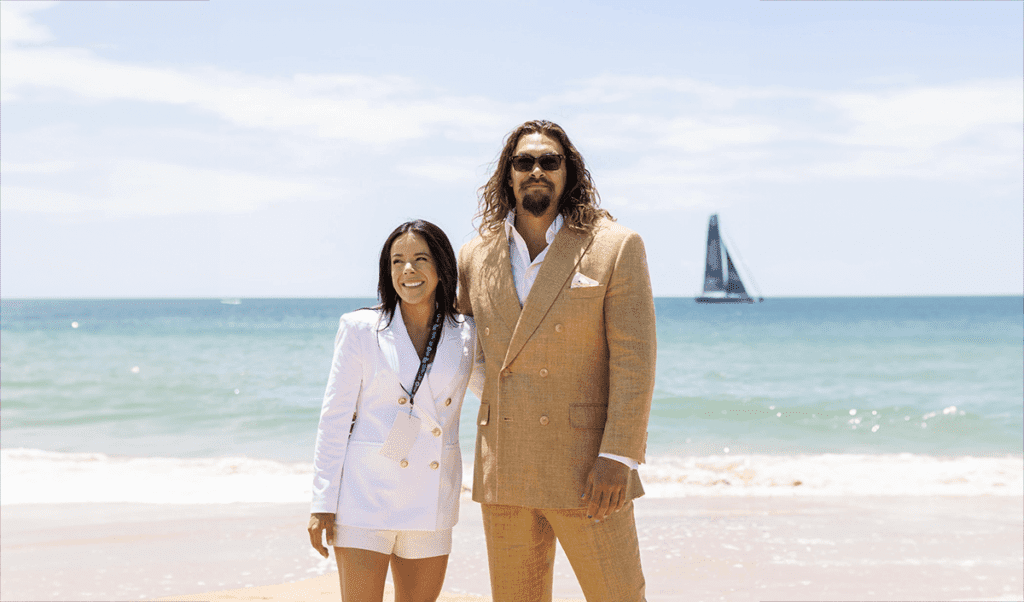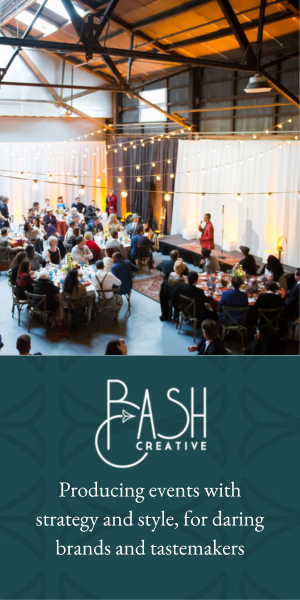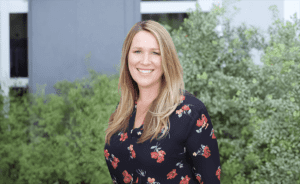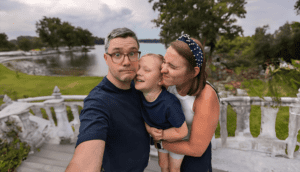Daniela Fernandez is the Founder and CEO of Sustainable Ocean Alliance (SOA). SOA is a non-profit organization that has cultivated the world’s largest network of next-gen leaders, entrepreneurs, advocates, mentors, and partners—all working to create solutions for the greatest threats facing our ocean and environment. Since 2014, SOA has established connections globally, with leaders in 186 countries and has supported over 56 environmental startups. Daniela has been recognized for her work by former U.S. Secretary John Kerry, U.S. President Bill Clinton, and E.U. Commissioner Karmenu Vella. She is an international thought leader, award-winning speaker, Forbes 2019 30 Under 30 Social Entrepreneur, LinkedIn’s Top Voices in Social Impact, World Economic Forum Global Shaper, Expert Advisor to the Earthshot Prize, Member of the Friends of Ocean Action, and more. In this interview for Follow the Founder, we talk about the obstacles Daniela faced when building SOA, and how she overcame them.
One of the issues Daniela wanted to solve with creating SOA was the lack of representation in the space of sustainability and environmental entrepreneurship. In her Founder story, she shared she was the youngest person, and one of the few females, at the first UN meeting she attended which she credits for being one of the catalysts to founding SOA. Indeed, the political and environmental sectors are historically known for lack of racial diversity across all ranks of NGOs and Foundations. For example, only 20% of people working for the largest green NGOs have been people of color [1]. We ask Daniela how the gap in diversity and representation in the space affected her, and whether it was a major obstacle or motivation.
“I definitely would say that this gap got in the way. I wasn’t taken seriously the majority of the time, especially early days. I remember one of my mentors telling me I had everything going against me. I was a woman, I was a person of color, and I was young. I had the three things that were not the predominant demographic in any space.”
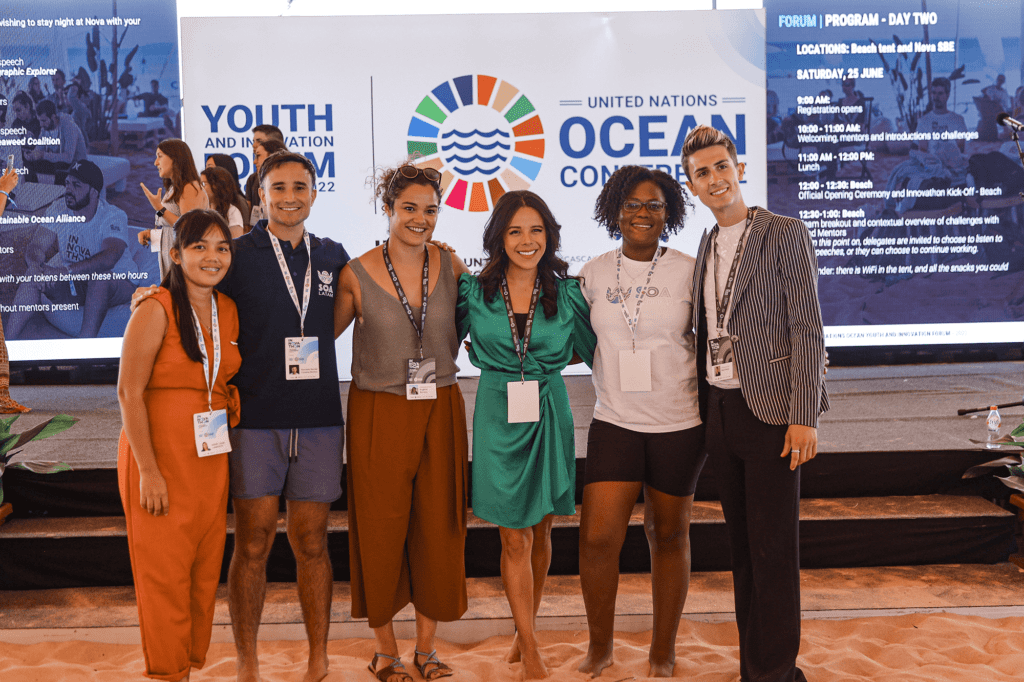
Breaking through in an industry where you are underrepresented can be a huge challenge in itself. Being discriminated against, no matter how mildly, or not being taken seriously affects your confidence, resilience, leading to a variety of negative mental health implications. Daniela encountered this, but with the added difficulty of trying to innovate in this space, requiring an immense drive and resilience to stay motivated and push through.
“When I started talking about my vision none of the innovative disruptive thoughts were the norm. This was in 2014, when the idea of the ocean being represented in conversations wasn’t even a thing, especially with young people. I was the pioneer in this space.
“I was patted on the head by many people, saying, ‘Oh, that’s cute’, or ‘Oh, get a real job and then give money away to your environmental cause of your desire’. The narrative was so common. I got told ‘No’ all the time. I was told it was not going to work, it was going to be too difficult, and that I should probably do something else.
“It was that ultimate belief in myself that enabled me to go through this. I didn’t know what would happen or how it would work out. I don’t think anyone ever knows. There’s no roadmap. The only certainty that I had was how hard I was willing to work. And what I was willing to sacrifice to make this happen. That was my anchor point, what grounded me each time I was told ‘No’. I said to myself, ‘I believe in myself, and I’m going to prove you wrong. Wait until you see what I built’.
“So being underrepresented was both an obstacle and inspiration. At first, it was the ongoing narrative because all of the demographics were against me. But at the same time, it enabled me to push even further and to use that as inspiration. Part of why I started this organization was because I did not want to be the youngest person or the only woman of color in the room at meetings like the one at the United Nations.”
Fast forward ten years, and SOA is one of the biggest non-profit organizations with the largest network of environmental leaders, entrepreneurs, and advocates. The diversity is immense: to date, there are over 7000 young people in 168 countries as part of SOA, continuously working to improve the state of the ocean and reverse our negative impact on the environment.
“Full circle now, we send our youth to represent SOA at all international gatherings. We’ve accomplished that mission: we truly do have a diverse presentation. It was one of the biggest gaps that I saw in this space.”
When she started the organization, Daniela didn’t have the opportunity to get management experience – she jumped into creating SOA immediately after starting college. Until graduation, she had gathered experience in inspiring people to join the club that SOA was then, but she didn’t have any knowledge how to lead a growing non-profit organization in the ‘real world’. We ask her to share with our community how she overcame those gaps in expertise and what helped her most in becoming the entrepreneur she is today.
“The most important thing that I did, and that anyone can do, is build an advisory board. Cultivate a circle of people that are smarter than you, who have the expertise you don’t have.
“As a student, I created an advisory board. I brought in alumni who were seasoned professionals in the ocean space. They were the ones who truly helped me fill in the gaps of knowledge. But after that you have to be a continuous learner. You may have the bits and pieces to understand the big picture, but also it’s your responsibility to go deep. You have to always be learning and self-educating. You have to be disciplined to continue learning after college, continue reading books and articles, listening to podcasts, etc. Also, I took a few courses. I did a two-week summer program on management in Harvard Business School. Getting yourself into the mentality of gaining and learning all the time is really beneficial.”
Being curious and open to learning is one of the defining characteristics of successful Founders. No matter what industry you are in, to prosper, you need to continuously update your beliefs, your mindset, and your perspective. Even if you’re a seasoned professional in a field, the world is fast-evolving, so fostering a student’s mindset is essential in adapting to the changes around you.
“Where the concepts I learned in my management course came into play was realizing I had missing blocks in understanding how to scale an organization. So I found consultants and retreated to advisors again. They were really supportive and helpful in building that specific stream of the business. A combination of education and advisory board is key.”
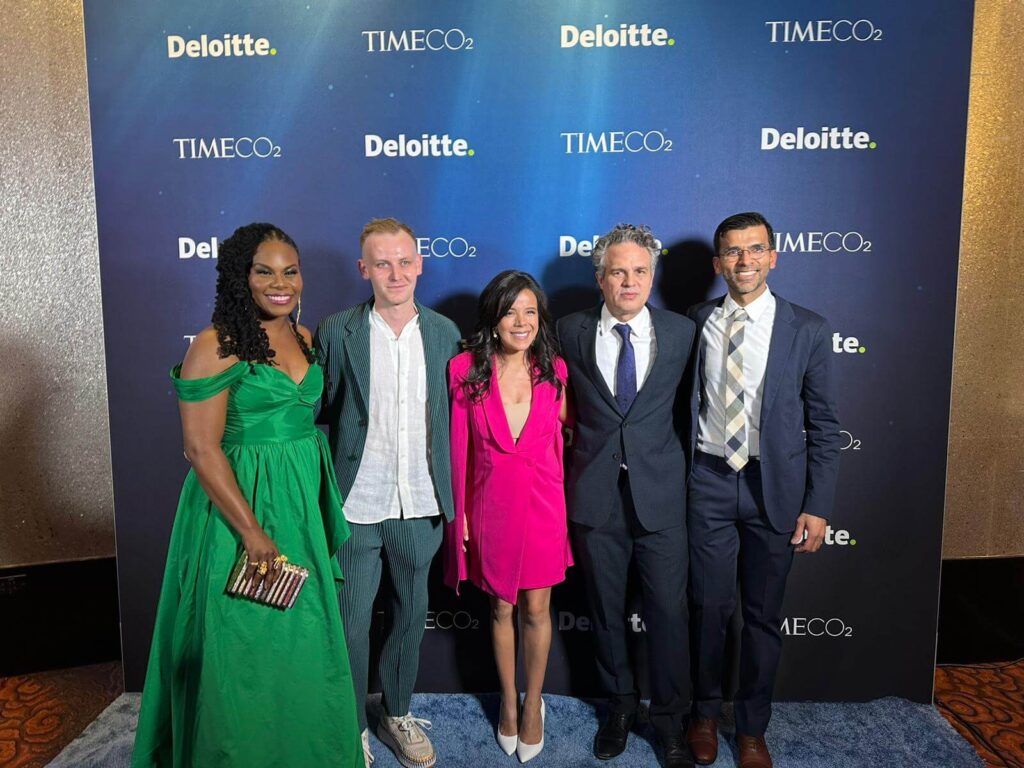
We next dive a bit deeper into how to build an advisory board. Because the truth is, no matter how much you develop and how much you want to learn, at times you would need to seek advice from someone with years of experience. At the end of the day, you cannot master all areas involved in building a successful business. But how do you find the right advisors, especially if you’re just starting out?
“The number one superpower that any entrepreneur must have, and if you don’t have it, you must develop it, is networking. Networking is the bread and butter of everything you do. Meeting, following up with people, cultivating relationships is invaluable.
“I had an internship at a nonprofit before going to college. That’s when I learned the importance of networking. Throughout my four years at Georgetown, I developed a spreadsheet, where I would enter the name, the company, the email, and the last interaction with every single person I met. I had over 3000 or 5000 contacts, just as a college student.”
We have all heard about the importance of networking, however, many people are too self-conscious or afraid to do it. It’s all tied up with imposter syndrome and the fear or rejection. We ask Daniela what her advice would be when approaching networking and overcoming those blocks.
“Train yourself to talk to people that you may not know. Introduce yourself at events, find out what value you can add to people’s projects, their life, and what value they can add to your life or your project. And then just make the ask.
“My mom taught me that the worst thing that can happen is someone could say ‘No’. As basic as that sounds, this is what drove me to always ask people for some time, to introduce myself and ask them to do the same. This can stretch from seeking advice to fundraising. Asking is never damaging. All you do is you are proposing a question. This enabled me to build the advisory board. I just said to people, ‘Hey, I’m building this idea. What do you think?’”
What is really helpful when building relationships and connections is a shared vision and alignment in values.
“When you have a very clear vision of what you want to do and how you want to do it, you can share that with people to the point where they want to be a part of that vision. If people are interested, if they can relate to and buy into your vision, and they like you as a person, they’re more likely to find the time for you and help you out.
“As long as you have that crisp vision, you can ask for support. But be approachable and don’t take advantage. Then one day, you can offer support back.”
To build good relationships, you have to ensure there is a give-and-take dynamic. Showing others you are willing to be of service, reciprocating their offering, will lead to the most valuable connections. Once you have shown vulnerability and offered support, you create a safe space, you build trust and make the other person feel comfortable in opening up and offering their favor too. Also, accept you will get a lot of rejections. This is inevitable in any career path, not just entrepreneurship. But when one door closes, another one opens. The important part is consistency and willingness to help.
“It’s important for people to set the expectation that they are going to get more nos than yeses. But the yeses they do get are going to be the ones that might be transformative on the journey. They’ll be worth the wait.”
For more advice and wisdom from Founders, join our welcoming and growing community at Follow the Founder. You can also find us on Instagram or LinkedIn.
References:
[1] Leaking Talent, Stephanie K. Johnson,

